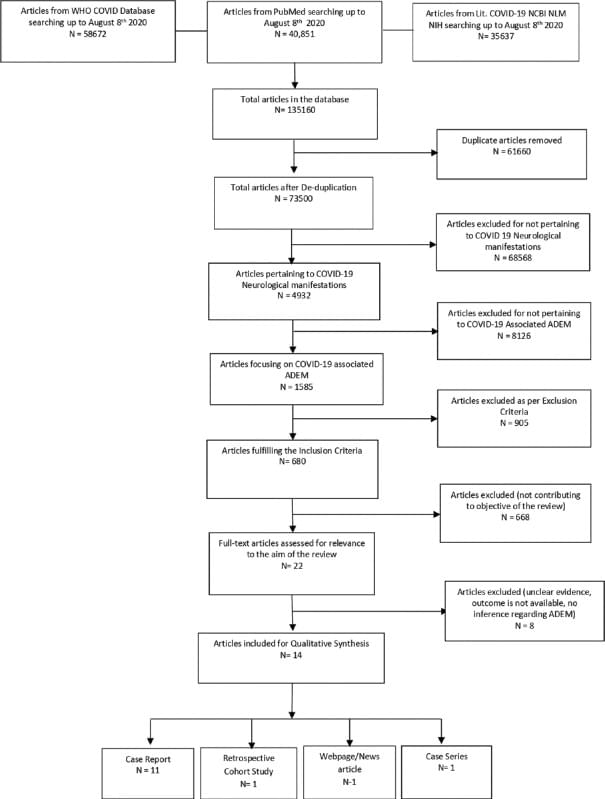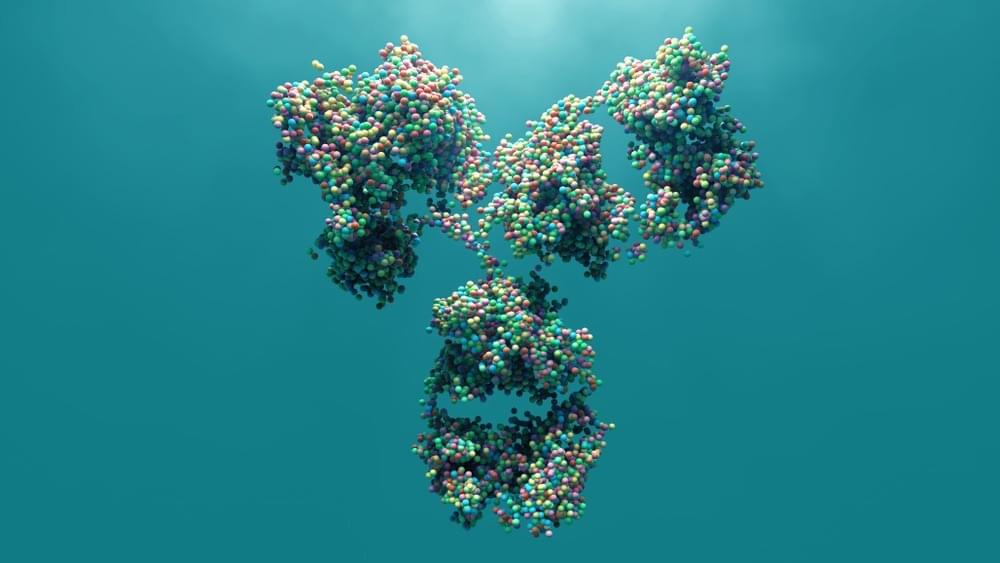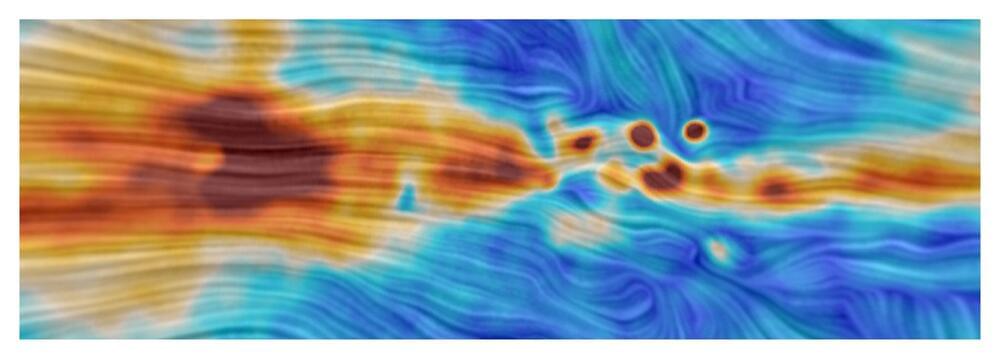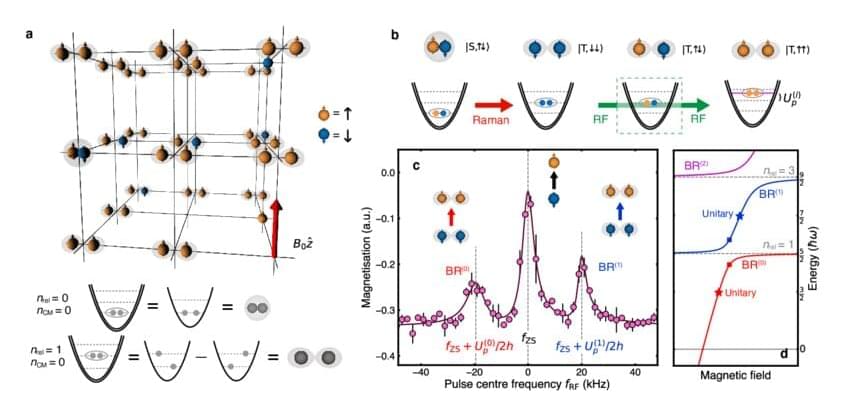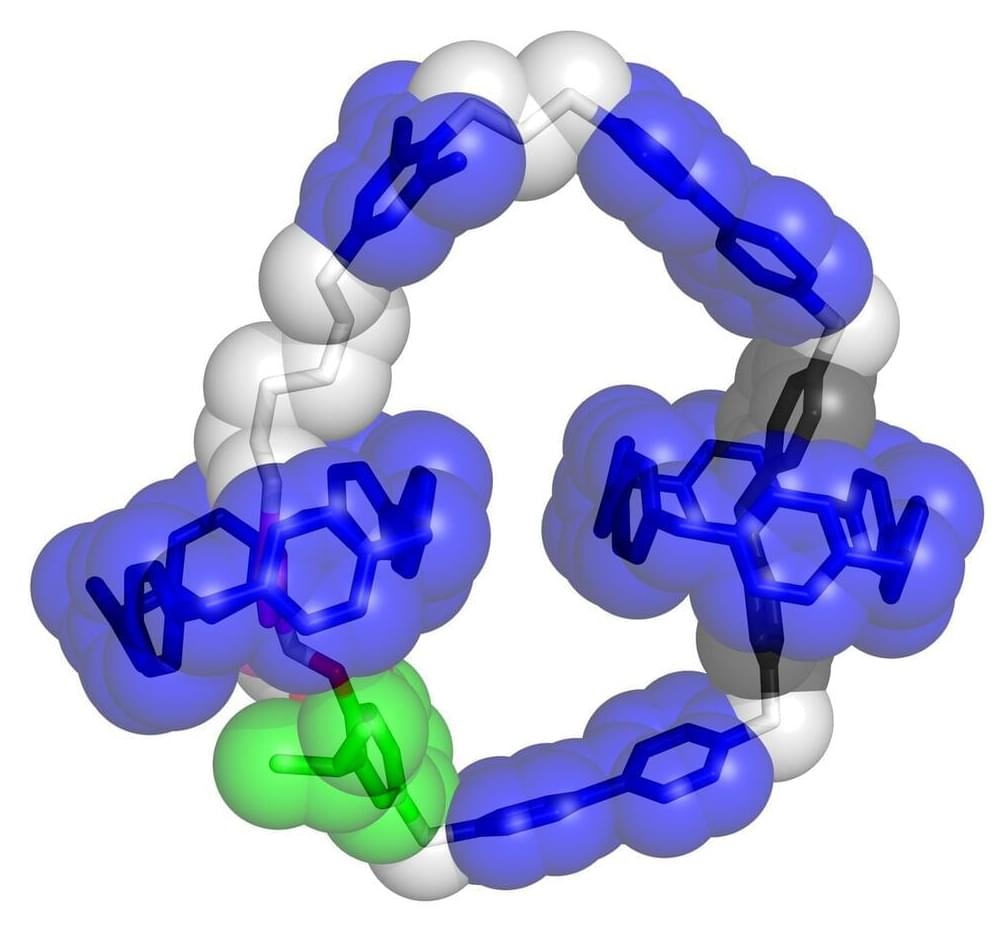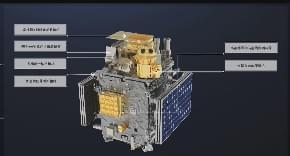I had similar symptoms, and I thought it was a covid infection. I need to get myself tested for ADEM. If your child or family member has a strange rash on the back or legs, take them to the hospital to see if it is ADEM before they have seizures like I did.
The objective of this study was to provide an overview of acute disseminating encephalomyelitis, a potential and serious complication of COVID-19.
Blood investigations and CSF analysis were done in 17 patients. Raised inflammatory markers were most commonly seen in nine (ferritin raised in four, C-reactive protein in five, and D-dimer in five), and lymphopenia was seen in four patients.
CSF analysis was not reported in four patients. The reasons for the same were traumatic tap , raised intracranial pressure (ICP) , pandemic reason , and unknown reason.
Eight patients had normal CSF analysis on routine microscopy. Out of nine abnormal reports, increased CSF protein level was the most commonly reported abnormality in six, followed by lymphocytic pleocytosis in four patients. Meningitis was ruled out by negative CSF bacterial cultures in 5 and viral panel in 15 out of 17 patients. One CSF sample grew Staphylococcus capitis which was probably contaminated.
